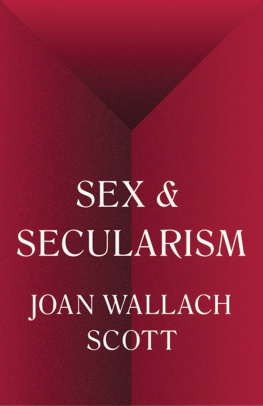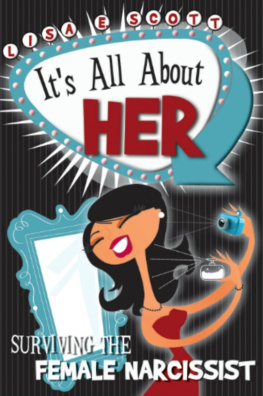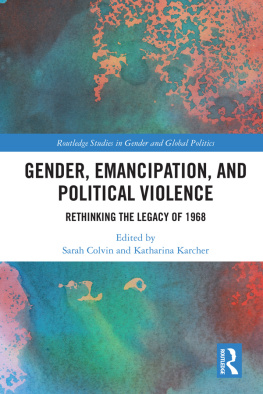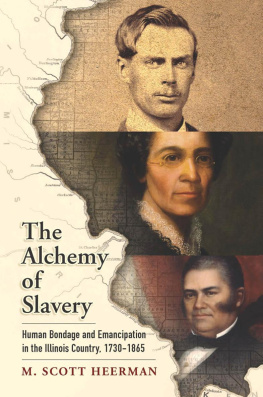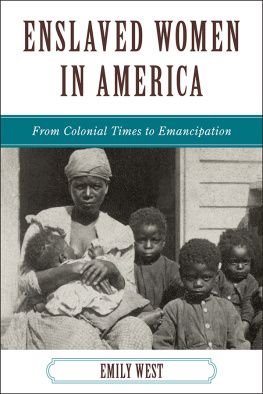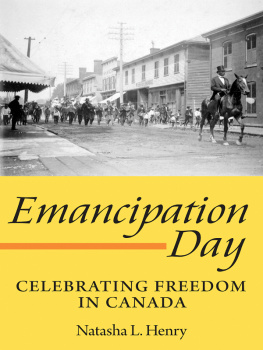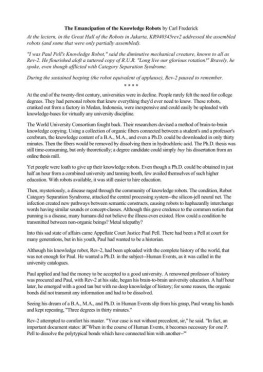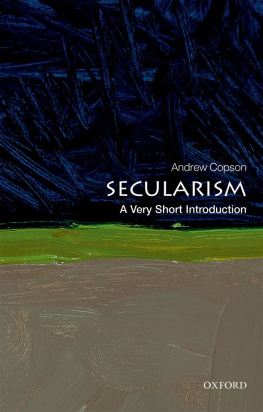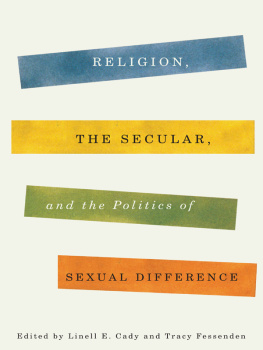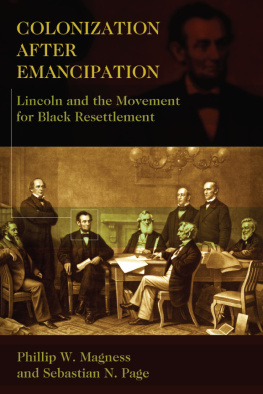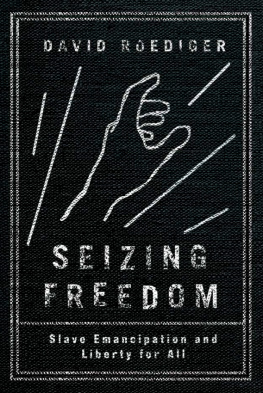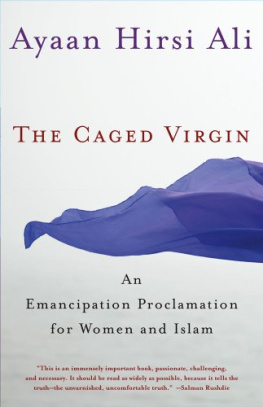Scott - Sex and Secularism
Here you can read online Scott - Sex and Secularism full text of the book (entire story) in english for free. Download pdf and epub, get meaning, cover and reviews about this ebook. City: Princeton;New Jersey, year: 2018;2017, publisher: Princeton University Press, genre: Religion. Description of the work, (preface) as well as reviews are available. Best literature library LitArk.com created for fans of good reading and offers a wide selection of genres:
Romance novel
Science fiction
Adventure
Detective
Science
History
Home and family
Prose
Art
Politics
Computer
Non-fiction
Religion
Business
Children
Humor
Choose a favorite category and find really read worthwhile books. Enjoy immersion in the world of imagination, feel the emotions of the characters or learn something new for yourself, make an fascinating discovery.
- Book:Sex and Secularism
- Author:
- Publisher:Princeton University Press
- Genre:
- Year:2018;2017
- City:Princeton;New Jersey
- Rating:5 / 5
- Favourites:Add to favourites
- Your mark:
- 100
- 1
- 2
- 3
- 4
- 5
Sex and Secularism: summary, description and annotation
We offer to read an annotation, description, summary or preface (depends on what the author of the book "Sex and Secularism" wrote himself). If you haven't found the necessary information about the book — write in the comments, we will try to find it.
Sex and Secularism — read online for free the complete book (whole text) full work
Below is the text of the book, divided by pages. System saving the place of the last page read, allows you to conveniently read the book "Sex and Secularism" online for free, without having to search again every time where you left off. Put a bookmark, and you can go to the page where you finished reading at any time.
Font size:
Interval:
Bookmark:

SEX AND SECULARISM

THE PUBLIC SQUARE BOOK SERIES
PRINCETON UNIVERSITY PRESS
Ruth OBrien, Series Editor
Sex and Secularism

Joan Wallach Scott
PRINCETON UNIVERSITY PRESS
PRINCETON & OXFORD
Copyright 2018 by Princeton University Press
Published by Princeton University Press,
41 William Street, Princeton, New Jersey 08540
In the United Kingdom: Princeton University Press,
6 Oxford Street, Woodstock, Oxfordshire OX20 1TR
press.princeton.edu
Jacket Illustration and design by Amanda Weiss
All Rights Reserved
Library of Congress Cataloging-in-Publication Data
Names: Scott, Joan Wallach, author.
Title: Sex and secularism / Joan Wallach Scott.
Description: Princeton, New Jersey : Princeton University Press, [2018] Includes bibliographical references and index.
Identifiers: LCCN 2017015590 | ISBN 9780691160641 (hardcover : alk. paper)
Subjects: LCSH: Feminism. | WomenSocial conditions. | Sex role.
Classification: LCC HQ1190 .S38 2018 | DDC 305.42dc23 LC record available at https://lccn.loc.gov/2017015590
British Library Cataloging-in-Publication Data is available
This book has been composed in Miller
Printed on acid-free paper.
Printed in the United States of America
10 9 8 7 6 5 4 3 2 1
If the relation between the sexes is an essential, if repressed, dimension of social change, taking it into account oughtby extending the field of our questions and our perceptionsto change our understanding of history.
MICHELLE PERROT
We should look, therefore, at the politics of national progressincluding the politics of secularismthat flow from the multifaceted concept of modernity exemplified by the West.
TALAL ASAD
CONTENTS
FOREWORD
THE PUBLIC SQUARE was founded to help eminent scholars bring significant issues of the day to our attention. Its books explore topics that have great impact, that resonate. In Sex and Secularism Joan Wallach Scott unravels, with her customary elegance and style, a pair of tightly knit concepts whose interplay has exerted great influence in arenas ranging from global affairs to local politics.
With perspicacity and acuteness, Scott explains how in recent decades, the questions of gender and secularism have been mingled in political discourse, producing a vision that shapes and is accepted as reality. This is the vision that informs the clash of civilizations polemic. Yet this version of secularism, as we now understand it, misrepresents history and is perhaps best understood as a veil concealing the Islamophobia that lies beneath it.
Scott shows that the civilizational polemic makes gender equality synonymous with secularism (and gender inequality synonymous with Islam). This association serves two purposes: first, it fuels Islamophobia, and second, it distracts attention from the way inequalities and gender asymmetry continue to abound, rippling across politics, economics, and the family in both the East and the West. The history of secularism in Western modernity, she points out, far from guaranteeing womens liberation, was based on a division of labor that made women subordinate to men.
Scott argues that secularism is not an abstract concept but a set of ideas that have been deployed in specific contexts. To what effects, she asks, and to what ends has secularism been used? Only by tracing the historical circumstances and studying what conditions are connected with this concept can we understand how it organizes the way we view the world and manages our perception.
With characteristic ingenuity, Scott finds the relevant historical circumstances in histories of religion, race, and colonialism written by second-wave feminists and scholars of postcolonialism. By synthesizing their scholarship, she tracks the way the distinctions public/private, political/domestic, and reason/passion were defined by their associations with masculine/feminine and men/women. She goes on to make the more radical claim that we cannot understand the formation of modern Western nation-states without taking gender into account. Gender is always part of the discourse of secularism, albeit in different ways.
In her final chapter, Scott addresses the current emphasis on sexual emancipation as a test of democracy and of Western superiority. The substitution of sexual desire for abstract reasoning as the common ground of the human draws attention away from inequalities that persist even when sexual democracy (the recognition of varieties of sexuality and diversities of gender identification) is said to prevail.
In her masterful book, Joan Scott gives us a new understanding of the way sexual difference has defined and troubled discourses of secularism. In this way she launches a conversation appropriate for the Public Square.
Ruth OBrien
The CUNY Graduate Center
New York, New York
ACKNOWLEDGMENTS
I BEGAN THIS BOOK soon after I finished The Politics of the Veil (2007) because secularism seemed to me to need more and broader attention than Id given it in that book. It has taken me some time to address the question, and Ive had lots of help. A seminar on Secularism at the School of Social Science at the Institute for Advanced Study (IAS) in 201011 launched the project and brought together a group of scholars whose critical ideas and differences of approach taught me how to think better about the subject. They included Gil Anidjar, Kathleen Davis, Mayanthi Fernando, Elizabeth Shakman Hurd, Ccile Laborde, Tomoko Masuzawa, Mohammed Naciri, Laura Secor, Winnifred Fallers Sullivan, Anna Sun, and Judith Surkis.
Another seminar, this one on Globalization and Social Change at the Graduate Center of the City University of New York in 2015, made important suggestions about .
Over the years, my critical insights have been sharpened by my conversations with and reading of the important books of Saba Mahmood. Along the way, Eric Fassin, Seth Moglen, Kabir Tambar, Noah Salomon, Katherine Lemons, and Gayle Salamon have offered perceptive comments, and their work has helped clarify my thoughts. Judith Butler and Elizabeth Weed, as usual, gave me more to think about than I sometimes wanted to hearbut listening made all the difference.
I cant now remember everyone who posed all of the terrific questions to me when I gave talks on sex and secularism, but those moments of critical engagement made a huge difference for the conceptualization of this book. One I do remember came from my colleague Didier Fassin, who suggested pointedly that what I was talking about was a discourse of secularism, not a fixed category of analysis. He was, as usual, exactly right. So was Brian Connolly, a former student who has become a good colleague and friend. Brian read the entire manuscript with attention and care; his comments pointed me to contradictions and shortcomings in my arguments that, I hope, have now been corrected. Wendy Brown and Joseph Massad read the manuscript for the press (they later revealed their identities to me), and their input made this book immeasurably better than it otherwise would have been.
I have not only benefited from the specific attention to the book from students, friends, and colleagues but also from the body of scholarship on which it is based. As I say in the introduction, this is a synthesis of long years of hard work by scholars working on feminism, gender, sexuality, race, class, and post-colonialism across the disciplinary spectrum. Without their research and analytic incisiveness, my own work would have been impossible. They are cited in notes and in the bibliography, but that cant express the enormity of my debtour debtto them.
Next pageFont size:
Interval:
Bookmark:
Similar books «Sex and Secularism»
Look at similar books to Sex and Secularism. We have selected literature similar in name and meaning in the hope of providing readers with more options to find new, interesting, not yet read works.
Discussion, reviews of the book Sex and Secularism and just readers' own opinions. Leave your comments, write what you think about the work, its meaning or the main characters. Specify what exactly you liked and what you didn't like, and why you think so.

